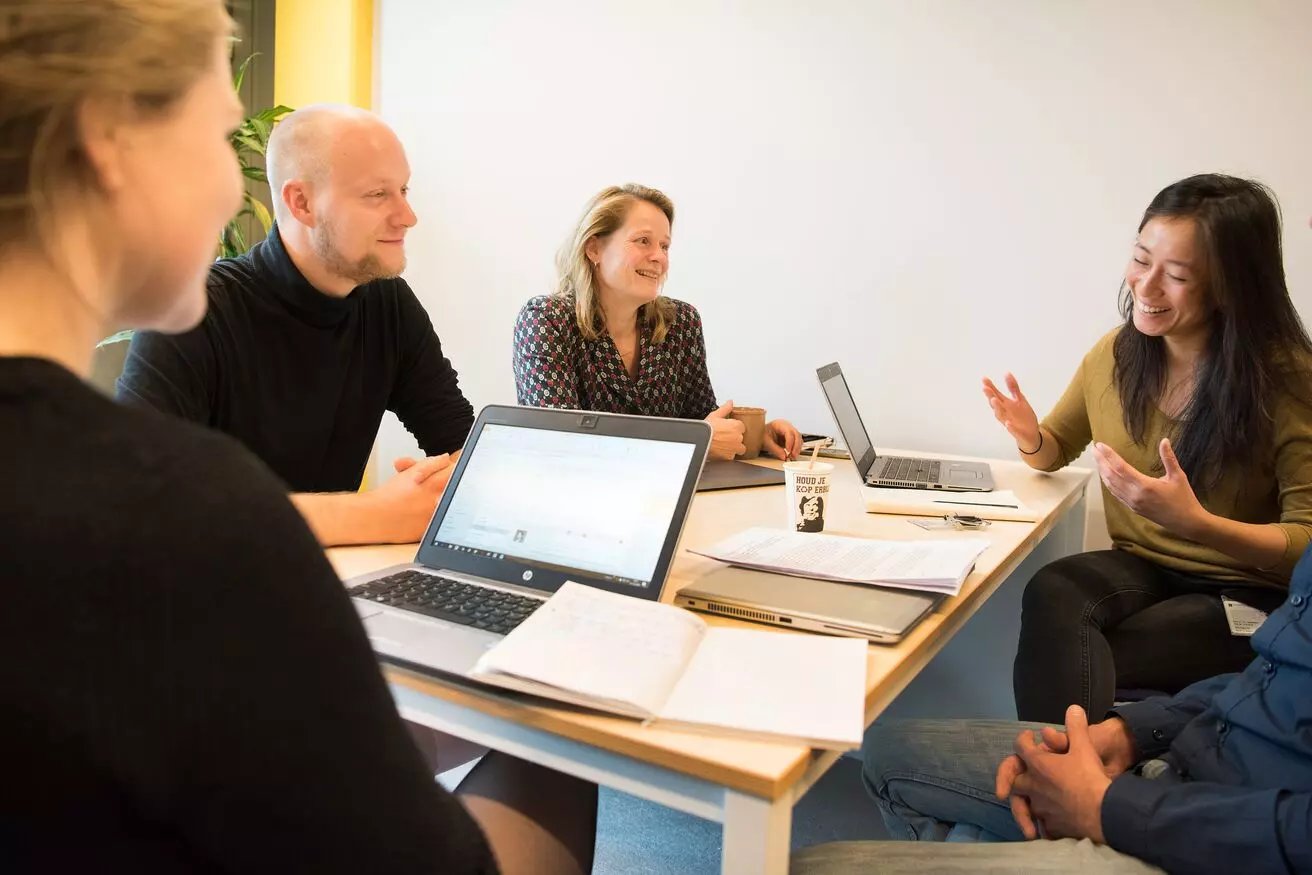Not found

More vacancies

Laboratory Technician Environmental Sciences
- Faculty of Science
- €3.382 - €4.484
- Closes on31-08-2025
- higher vocational education/university
- 38 hours
Are you excited to contribute to groundbreaking research in the field of the natural environment, for example, studying the nitrogen crises or the effects of global warming? Are you not afraid to take on both substantive and instrumental challenges with advanced analytical equipment? We are looking for a skilled research technician with expertise in physical-chemistry and strong affinity with biogeochemistry of terrestrial and aquatic ecosystems.
View vacancy

PhD Position on Improving Social Media Using Large Language Models
- Faculty of Science
- €3.059 - €3.881
- Closes on06-09-2025
- Master's
- 38 hours
The Institute for Logic, Language and Computation (ILLC) at the University of Amsterdam is inviting applications for a fully funded PhD position in the NWO VIDI project "Improving Social Media Using Large Language Models."
View vacancy

PhD Candidate in Machine Learning and Molecular Modelling of Drug Design
- Faculty of Science
- €3.059 - €3.881
- Closes on22-08-2025
- Master's
- 38 hours
Are you a highly motivated MSc graduate with a strong affinity for machine learning and molecular modeling of drug discovery? The AI for Chemistry group, headed by Associate Professor Bernd Ensing, is looking for a curious and ambitious PhD candidate to work on the development of machine learning methodology for drug discovery in a collaborative project within a consortium led by the Vascular Cell Biology group of Prof. Jaap van Buul and connected to the Molecular and Material Design Technology Hub of the Faculty of Science.
View vacancy
This website uses cookies
We, and third parties, use cookies on our website. We use cookies to ensure that our website functions properly, to store your preferences, to gain insight into visitor behavior, but also for marketing and social media purposes (showing personalized advertisements). By clicking 'Accept', you agree to the use of all cookies. In our Cookie Statement. you can read more about the cookies we use and save or change your preferences. By clicking 'Refuse' you only agree to the use of functional cookies.
